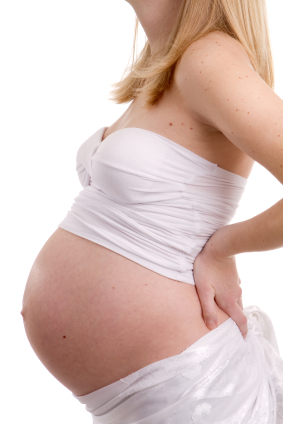Thrush in Pregnancy
Women who have never had an attack of vaginal thrush may experience them during pregnancy whilst the frequency of attacks may increase in women who were previously affected.
It is widely accepted that the higher levels of circulating oestrogen and glycogen content in the vaginal cells during pregnancy help to encourage the growth and multiplication of the candidal organisms thereby increasing the woman’s risk of developing vaginal thrush in pregnancy.

Thrush in Pregnancy – Are Treatments Safe?
Many pregnant women decline treatment of their thrush because of fear about the safety or risks of drugs used to treat thrush to their unborn babies.
Other women worry that their unborn babies may be infected with thrush whilst still in the womb or catch the thrush during childbirth.
Women should be vigorously reassured that treatment of thrush in pregnancy is safe and that it is exceedingly rare and unlikely that a baby in the womb would be affected by thrush if the mother has a normal immune function and the fetal membranes are intact.
Thrush in Pregnancy – How is it Treated?

Their absorption into the blood stream is minimal and poses very little risk of transfer to the baby. They have been studied extensively and are not associated with increased risks of malformations regardless of the timing of exposure during pregnancy.
The 7-day course of treatment is preferred to the shorter courses as it achieves higher cure rates and lower rates of recurrence after treatment.(*1)
In general oral antifungal agents are not licensed for use in pregnancy although oral fluconazole is considered second-line choice for the treatment of vaginal thrush. There have been reports of major malformations associated with the use of high doses of fluconazole ≥400mg/day,(*2,3) but not with the standard short-term use of 150mg of fluconazole.(*4)
References:
*1. King CT, Rogers PD, Cleary JD, et al. Clin Infect Dis 1998;27:1151-60.
*2. Lee BE, Feinberg M, Abraham JJ, et al. Pediatr Infect Dis J 1992;11:1062-1064.
*3. Pursley TJ, Blomquist IK, Abraham J, et al. Clin Infect Dis 1996;22:336-340.
*4. Nørgaard M, Pedersen L, Gislum M, et al. J Antimicrob Chemother 2008;62:172-176.
